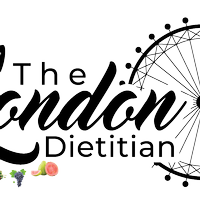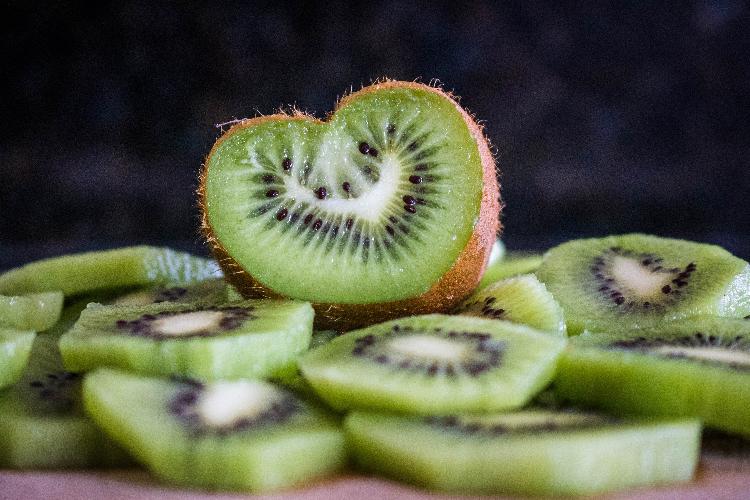So, you went to see your GP for a routine check-up, had a blood test and BAM you have high cholesterol. You’re not keen on taking statins just yet so what do you do now? Apart from seeing a Dietitian (i.e. me :p) for some individual, tailored advice, here are my three top tips for changes you can make to your diet.
But first things first, what actually is cholesterol?
It is a type of fat that is in fact essential for the body to function. Our liver produces most of the cholesterol in our body but we do get a small amount from food such as offal, eggs and seafood. Historically, it was thought that the cholesterol in foods is what leads to increased cholesterol levels in the body but we now know different. It is in fact foods that are high in saturated fat (more on this later) which in turn has a huge impact on blood cholesterol levels. When you get a blood test, you will often see 3 different types listed:
1) HDL cholesterol- this is considered the good cholesterol- you want it to be high as it has a protective effect for the heart.
2) Non-HDL cholesterol- this is the type that consists of LDL, VLDL and lipoprotein (a) and you want this to be low as its accumulation can lead to your arteries getting blocked or narrowed, in turn increasing your risk of heart attacks, chest pain and stroke. These conditions are grouped under the umbrella term of cardiovascular disease (CVD) Ideally, you want this value to be lower than 4mmol/L.
3) Total cholesterol is the total of both your HDL and non-HDL cholesterol. You want the value to be below 5mmol/L.
So, what are my top tips?
Tip #One- limit saturated fats
You may have heard of fats in your diet being described as ‘good’ or ‘bad’. Although I am not a fan of separating foods into lists of ‘good’ and ‘bad’ as all foods have a place in a balanced diet, these are the types of fat that you want to consider restricting as having too much in your diet is unhealthy and will increase your blood cholesterol. Studies have shown that replacing saturated fats with unsaturated fats (these are the healthier fats that we want more of in our diet) can help reduce the LDL cholesterol. The following foods are a good source of healthy fats:
- Nuts and seeds.
- Vegetable oils, in particular olive oil
- Oily fish (sources include herring, fresh tuna, sardines, mackerel, trout, salmon, pilchards)
- Olives
Products high in saturated fat that you may wish to have less of:
- Fatty pieces of red meat such as lamb and beef
- Coconut and palm oils
- Full fat dairy- although recent research suggests that the fat full-fat milk is packaged differently to other saturated fats. Watch this space.
- Fried foods.
- Cakes/biscuits/chocolate/confectionary
??Tip #two- Increase soluble fibre
The only source of fibre from your diet is plant foods and there are two main types: insoluble and soluble. Research has shown that soluble fibre can help to bring down cholesterol in your gut by removing it from your body when you pass stool. Although all plant foods will contain a mix of fibre, the foods that are highest in soluble fibre are:
- Oats
- Oat bran
- Linseeds/Flaxseed
- Barley
- Black beans
- Chickpeas
- Kidney beans
- Lentils
- Soybeans
- Avocado
- Peas
- Brussels sprouts
- Carrot
- Sweet potato
- Broccoli
- Pears
- Nectarine
- Apples?
If you wish to increase fibre in your diet, it is important to increase it gradually and to accompany any increase with a comparable amount of water. Otherwise, you can end up bloated and constipated.
Tip #3- Incorporate plant stanols and sterols
These are plant products which have a similar structure to cholesterol but work to reduce its absorption in the gut. Therefore, it is lost via our stool which then aids in lowering total cholesterol and non-HDL cholesterol. Although plant-based diets will provide us with a small amount of stanols and sterols, the quantity present is not sufficient to help lower the cholesterol. This is because you will get an average of 300mg from the diet but clinical studies show that 1.5-3g per day is needed to optimally lower cholesterol level by as much as 10-15%. You will be able to purchase stanols/sterols in the form of fortified milk, yoghurts, drinkable yoghurt and spreads. In order for these products to exert a positive benefit, they need to be taken daily and in the amount advised by the manufacturers. It is not recommended to have more than 3g /d as this can negatively impact the absorption of fat-soluble vitamins from food.
And there you have my top 3 tips! If you feel that you would like some more advice, tailored especially for you, please don’t hesitate to reach out for a free discovery call!

